Open Education Ambassadors
Each year, on the occasion of global Open Education Week, TU Delft celebrates nine lecturers for their commitment to openly share knowledge and educational resources with the world.
Nominated by their faculties and QuTech, they receive the award from the Executive Director of the TU Delft Extension School for Continuing Education in an open ceremony at the Teaching Academy.
These Ambassadors embody the spirit of Open Education and advocate for open teaching & learning practices in a variety of ways. They may advance openness through the design and delivery of a MOOC, or by creating specific open educational resources (OER), such as open textbooks, educational tools, innovative applications and assessment methods, open platforms – many which are often also used for campus education. Additionally, by participating in relevant fora and through efforts in faculty and beyond, they create opportunities for sharing and for intra-discipline collaborations with education parties in and outside academia. To benefit a worldwide audience, they may contribute global and sustainable solutions to societal problems via open online education, or via a focus on specific or under-represented groups, such as learners from low- and middle-income countries, persons with impairments, or female participation in STEM subjects.
Lastly, each nominee wishes to share knowledge and best practices inside and outside TU Delft and across departments and disciplines, in this way both inspiring others and positively affecting learners around the world.
Open Education Ambassadors 2024
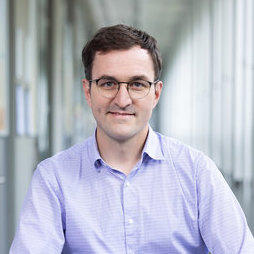
Aurèle Adam
Aurèle Adam – faculty of Applied Science
For contributing to openness in various forms, including his work for the Open Interactive Textbook (OIT) about Optics, which is used both by students in the campus course and as a knowledge base by external partners. Additionally, for efforts in looking for innovative and open ways in teaching, such as making textbooks more impactful through the inclusion of interactive elements, and for a commitment to sharing ideas and challenges with the OIT community, leading to more collaboration and further developments. Finally, for advocating for open education in his role as Program Director for Applied Physics, inspiring other lecturers within and without the faculty.
Profile
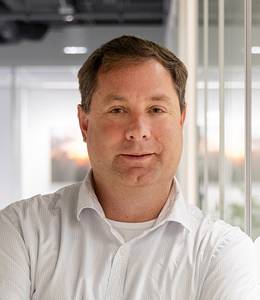
Bart van Straten
Bart van Straten – faculty of Mechanical Engineering
For contributing to open education and a commitment to openly sharing knowledge and expertise in a variety of ways, including advocating in collaborations with internal and external partners, and in academic and industry fora. Additionally, for co-creating and delivering two openly licenced MOOCs –- Circular Strategies for Hospitals, and Circular Strategies for MedTech Suppliers –- to promote circularity in the healthcare sector, as well as open educational resources, for example the open textbook ‘Creating a circular healthcare economy: Circular strategies for a sustainable healthcare’. The MOOCs are reused for campus education, soon to be included in the biochemical engineering track, and part of the portfolio that received the 2023 QS Reimagine Education Award for its concrete support of lifelong learning the world over. Finally, for Bart’s focus on delivering knowledge for real-world applicable solutions that directly help address challenges at a global level.
Profile.
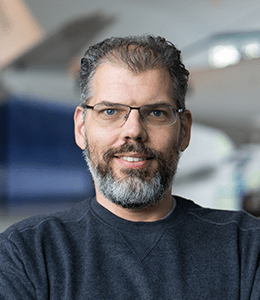
Calvin Rans
Calvin Rans – faculty of Aerospace Engineering
For contributing to openness and sharing in teaching & learning practices and materials beyond the TU Delft campus, with accolades from students and peers at other universities and worldwide. In addition to being the responsible lecturer for the openly licenced MOOC Introduction to Aerospace Structures and Materials, for seeking to introduce new open formats and tools to better cater to different learner audiences – more recently for example using a ChatGPT-generated video or creating an engaging ‘mission to space’ campus course to bring situations to life through digital tools. Finally, for regularly sharing experiences and lessons learned in engineering education, including as Chair of the Open and Online Education interest group.
Profile.
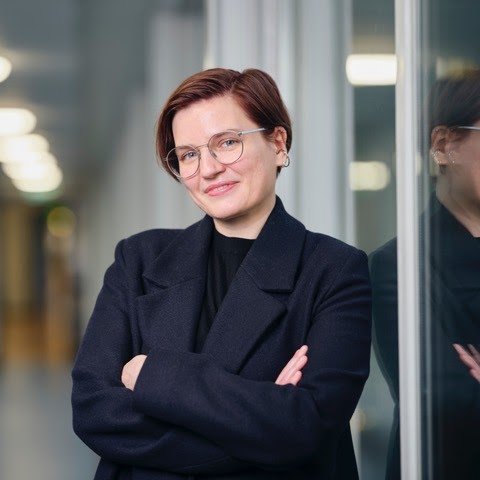
Eliška Greplová
Eliška Greplová – QuTech / Kavli Institute of Nanoscience
For contributing to open education and to openly sharing knowledge with the world, evidenced for example in the work for the MOOCs Machine Learning for Semiconductor Quantum Devices and Development and Applications of Germanium Quantum Technologies. Eliška brings her commitment to intra- and inter-faculty collaborations, reuses the MOOCs on campus education, and publicly shares materials also as Jupyterbook, arXiv lecture notes. Finally, as an advocate and role model for open education and for female participation in STEM subjects on the international stage, for example as a member of the World Economic Forum ‘Global Future Council on Quantum Computing’ and co-founder of the Virtual Science Forum for online scientific events.
Profile.
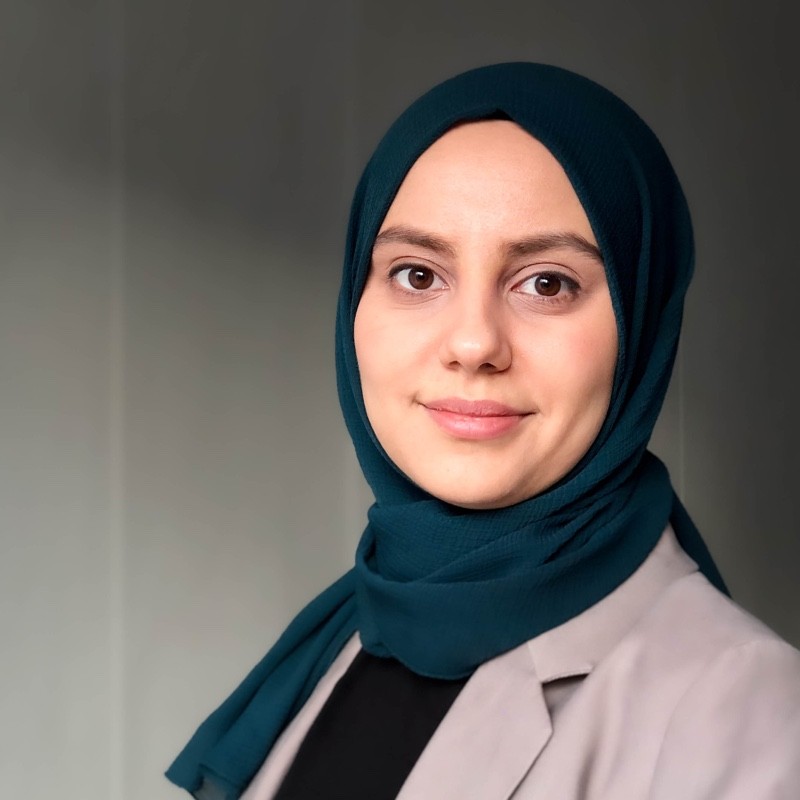
Esra Polat
Esra Polat – faculty of Industrial Design Engineering
For contributing to open education as evidenced by her support of the faculty’s MOOCs on circularity, including quality checks and the management of Teaching Assistants. Coordinating the delivery and moderation of these MOOCs – Circular Economy: an Introduction; Engineering Design in a Circular Economy; and Designing Electronics for Recycling in a Circular Economy – Esra plays a key role in the intra-faculty collaborations for the portfolio on circularity and sustainability. Additionally, with a focus on accessibility and the sharing of best practices, she implemented the Course Design Accessibility Guidelines in the Sustainable Packaging for a Circular Economy MOOC, which resulted in it being more mobile-friendly and better accessible to persons with impairments, in turn broadening its overall openness and outreach to learners globally.
Profile.
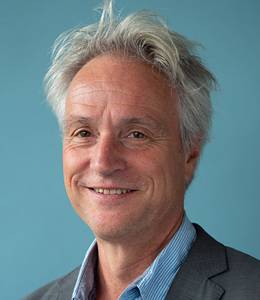
Jules van Lier
Jules van Lier – faculty of Civil Engineering & Geosciences
For a long-standing commitment to contributing to openness and to sharing expertise globally, for example by creating the Urban Sewage Treatment MOOC, which makes crucial knowledge freely available, positively impacting the welfare of communities all over the world. The further collaborative development of two openly accessible courses on sustainability: Circularity Principles and Policy, and Circularity Applications in Renewable Energy Technologies, is a further tangible demonstration of Jules’ efforts to offer global and sustainable solutions for societal challenges through open online education, aiming to benefit a worldwide audience. Finally, for his continuous leadership, collaborative spirit, advocacy, and dedication to education, sustainability, and societal well-being.
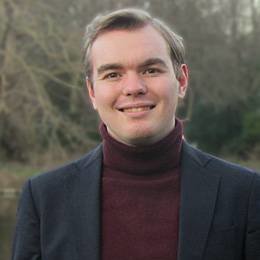
Stefan Buijsman
Stefan Buijsman – faculty of Technology, Policy & Management
For contributing to open education in several ways, also as course manager for the MOOC Ethics in AI Design, developed as part of an interfaculty programme and from Stefan’s earlier involvement with the international TV series/open source platform Mind of the Universe, and which materials are used in interfaculty campus courses. Additionally, for the collaborative development of a new MOOC on the Conscious Use of Generative AI and for the resulting OERs that support the current public discourse on the responsible development and use of AI. Finally, for Stefan’s advocacy within the faculty’s Ethics/Philosophy of Technology section, which aims to reach and involve stakeholders in society to collaboratively find answers for the responsible use of new technologies. This is also demonstrated by the section’s activities within the national edusources community on ethics.
Profile.
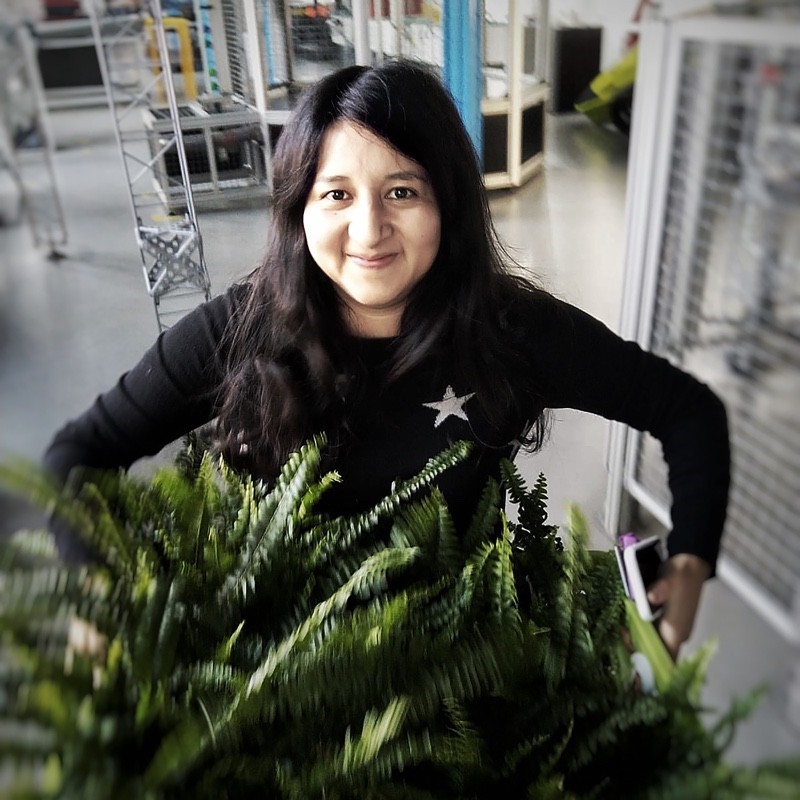
Tatiana Armijos Moya
Tatiana Armijos Moya – faculty of Architecture & the Built Environment
For contributing to openness in different ways and through her work for the MOOC Façade design and engineering, which Tatiana led with sharing as core principle: from publishing the course materials under an open licence to negotiating access to literature that would only be available at a cost to learners outside the MOOC, and to offering live webinars also for self-paced runs. Additionally, for facilitating learners to post their own examples of facades on a global, open platform thus promoting a wider access to knowledge and resources for the whole word to (re)use. Finally, for her steadfast advocacy of open practices which played a significant role in the positioning of OpenFace, an initiative in collaboration with Eurac Research (Italy) to produce six other MOOCs for a credit-bearing Micromaster recognised at TU Delft and the University of Darmstadt (Germany).
Profile.
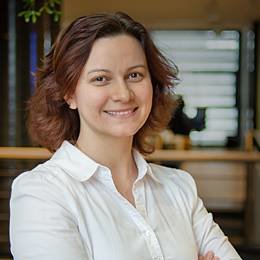
Tina Nane
Tina Nane – faculty of Electrical Engineering, Mathematics & Computer Science
For contributing to openness in various ways including with the MOOC on Structured Expert Judgement, which is also used on campus in the Master course Decision Theory/Expert Judgement, and which materials are available to all on OpenCourseWare. Additionally, for sharing expertise with the world and making openly accessible to many Roger Cooke’s own method on expert judgement. This is a method that has been successfully used by the World Health Organisation, in collaboration with researchers, to estimate the global burden of foodborne diseases, as described in your course. Finally, for her passion about open knowledge dissemination, for encouraging others by example, and for her enthusiasm about implementing new ideas to deliver a great learning experience on campus and online.
Profile.
-
Open Education Ambassadors 2023

Annemiek van Boeijen
Annemiek van Boeijen - Faculty of Industrial Design Engineering
For contributing to openness through the online course Culture Sensitive Design Thinking, which she developed for both online and campus education with the intention of fostering cross-learning between practitioners and student. Additionally, for encouraging participation from other educators so that lecturers in design schools around the world can in turn teach their own students, contributing to raising awareness of how cultural and social contexts influence design choices aimed at solving societal (global) challenges. Annemiek’s involvement in the Delft Design Approach and the Delft Design Guide, which are published in OpenCourseWare, further demonstrate her commitment to open education.
https://online-learning.tudelft.nl/instructors/annemiek-van-boeijen/

Arjo Loeve
Arjo Loeve - Faculty of Mechanical Engineering
For contributing to openness through the MOOC Forensic Engineering: Learning from Failures, which material is available on OpenCourseWare, including the engaging video ‘The treehouse of failures.’ In addition to having reached thousands of learners worldwide, the course is used in Bachelor’s programs at several universities in the Netherlands, and at TU Delft in the Master’s program in Biomedical Engineering and in Clinical Technology. The MOOC being a co-production with the faculties of Civil Engineering & Geosciences and Aerospace Engineering further demonstrates Arjo’s commitment to collaborate across disciplines to promote open practices and deliver a great learning experience.

Bart van den Dries
Bart van den Dries - Faculty of Electrical Engineering, Mathematics & Computer Science
For contributing to openness through the Pre-University Calculus MOOC, which since its launch successfully reached thousands of learners worldwide and is also available on OpenCourseWare – additionally serving as an inspiration for other MOOCs. By filling a critical knowledge gap – and preparing individuals for university-level study – it makes a positive impact on their education and future prospects, both as prospective TU Delft graduates and as global citizens.

Carmine Varriale
Carmine Varriale - Faculty of Aerospace Engineering
For contributing to openness through the openly licenced MOOC Sustainable Aviation: The route to climate neutral aviation; the re-use on campus of content from the online course for professionals Aircraft Performance Physics and Simulation; and the publication of his research in open access journals, in addition to creating valuable engagement opportunities for learners – on campus and online – to deliver a great learning experience.
https://online-learning.tudelft.nl/instructors/carmine-varriale/

Carola Hein
Carola Hein - Faculty of Architecture & the Built Environment
For contributing to openness through the MOOCs (Re)Imagining Port Cities: Understanding Space, Society & Culture, and Water Works: Activating Heritage for Sustainable Development. In addition to publishing the course materials under an open licence, Carola encourages learners to post their final assignments as a blog on the public site Port City Futures and to share photos taken during the course in both Sketchdrive and WeLikeSharing (a TU Delft public image library), thus promoting a wider access to knowledge and resources for the whole word to (re)use. Moreover, for her steadfast advocacy of open practices in various contexts, most recently with the open book Oil Spaces: Exploring the Global Petroleumscape, and as UNESCO Chair Water, Ports & Historic Cities

Doris van Halem
Doris van Halem - Faculty of Civil Engineering & Geosciences
For contribution to openness through the MOOC Smart and Sustainable Cities: New Ways of Digitalisation & Governance, which resulted in a full array of Open Educational Resources (OER), such as teaching guides, detailed reference curricula, assignments, case studies, and video transcripts in three languages (English, Portuguese, and Spanish). Additionally, the MOOC drew on a cooperation with several higher education institutions in Latin America that now extensively use those OER in their campus education – similarly to TU Delft, where the course is part of the faculty’s electives.
https://online-learning.tudelft.nl/instructors/doris-van-halem/

Rachel Benchaya Gans
Rachel Benchaya Gans - Faculty of Technology, Policy & Management
For contribution to openness through the MOOC Smart and Sustainable Cities: New Ways of Digitalisation & Governance, which resulted in a full array of Open Educational Resources (OER), such as teaching guides, detailed reference curricula, assignments, case studies, and video transcripts in three languages (English, Portuguese, and Spanish). Additionally, the MOOC drew on a cooperation with several higher education institutions in Latin America that now extensively use those OER in their campus education – similarly to TU Delft, where the course is part of the faculty’s electives.
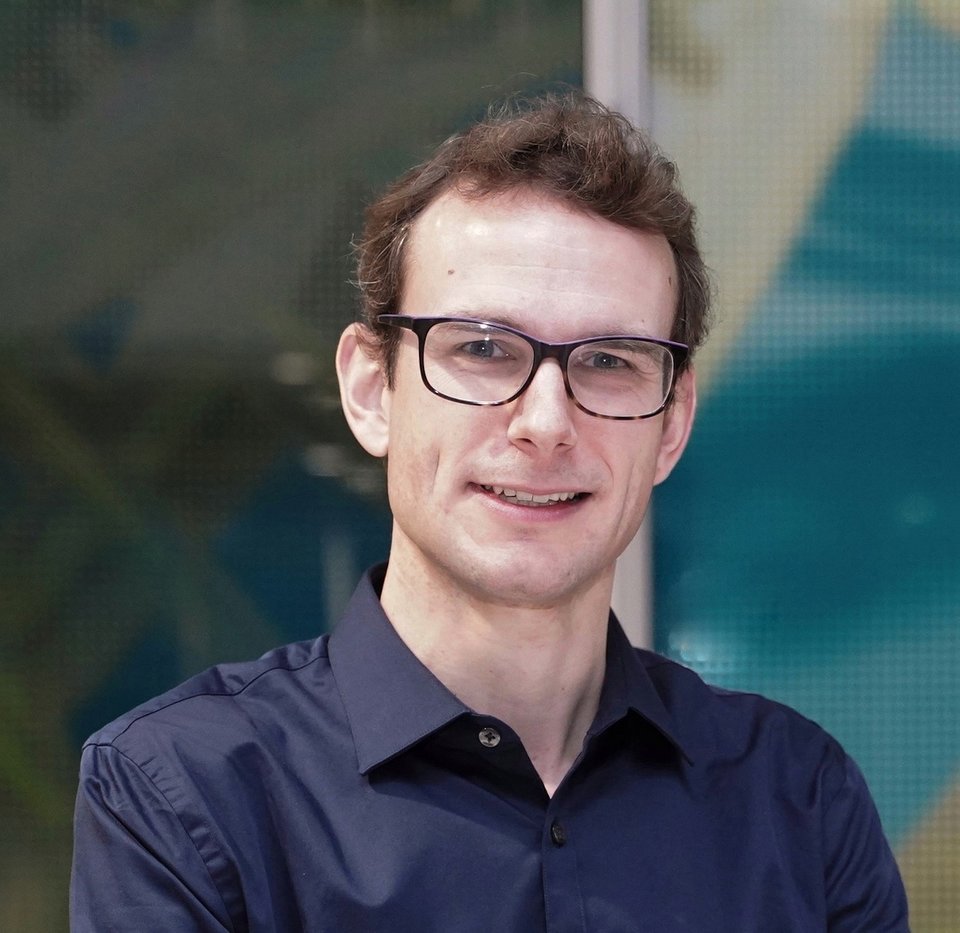
Timon Idema
Timon Idema - Faculty of Applied Sciences
For contributing to openness in various forms, including the open book Mechanics and Relativity, and the openly licenced MOOC Pre-University Physics, which reaches thousands of learners worldwide making a real difference to their education and future outlook, both as prospective TU Delft students and as global citizens. Additionally, for his constant enthusiasm in involving other colleagues in open education.
-
Open Education Ambassadors 2022
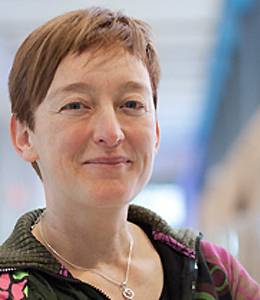
Conny Bakker
Conny Bakker - faculty of Industrial Design Engineering (IDE)
Conny has been involved with MOOCs for IDE since 2015. The MOOC Circular Economy is already in its 15th run and has reached thousands and thousands of learners all over the world. Conny also plays a leading role in the faculty’s other MOOCs on the topic of sustainability and the circular economy. She is always willing to think about new ideas and opportunities, involving lecturers from other faculties, and is a great example of a lecturer who makes use of our online portfolio for campus courses.
https://online-learning.tudelft.nl/instructors/conny-bakker/
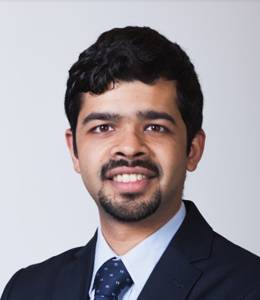
Gautham Ram Chandra Mouli
Gautham Ram Chandra Mouli – faculty of Electrical Engineering, Mathematics and Computer Science (EEMCS)
Gautham is a passionate and engaging instructor and colleague who has undertaken tremendous efforts in creating, redesigning and moderating the highly successful online program Electric Cars. Through this program and the MOOC Technology of Intelligent and Integrated Energy Systems, Gautham has educated several thousands of learners worldwide on vital aspects of the energy transition - contributing to a better tomorrow!
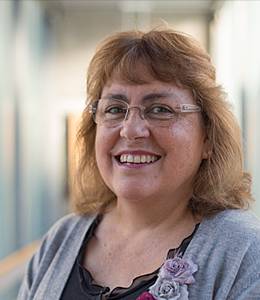
Jill Slinger
Jill Slinger – faculty of Technology, Policy and Management (TPM)
Jill produced an exceptional open textbook on Building with Nature with a strong interdisciplinary focus that provides a close link with on-campus education, both at CEG and TPM. This was a tremendous amount of work and both the textbook and her MOOC on the subject are used in various programs abroad, from Indonesia to Ghana and South Africa. A great example of Educating the world!
https://online-learning.tudelft.nl/instructors/jill-slinger/
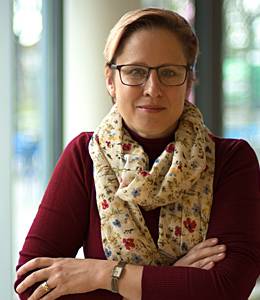
Gillian Saunders
Gillian Saunders – faculty of Aerospace Engineering (AE)
Gillian has been involved in online and open education at the faculty since the very start in 2013. She is very active in developing online courses and in providing opportunities for open learning. Last year, she was one of the 12 finalists for the 2021 edX Prize for Innovation in Online Teaching and has developed a new MOOC on Multidisciplinary Research Methods for Engineers. This award honours her extreme motivation, engagement and quality of online teaching.
https://online-learning.tudelft.nl/instructors/gillian-saunders/
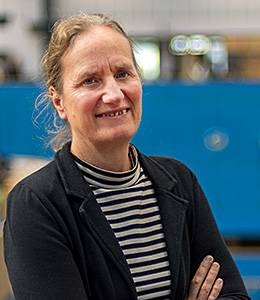
Jenny Dankelman
Jenny Dankelman – faculty of Mechanical Engineering (ME)
Jenny is pioneering online education to make sure that hospital equipment in low-resource settings is not only operational, but also maintained. With her team, she reaches a truly worldwide audience using her MOOC to train people on the maintenance of Biomedical Equipment. This online course also attracts significantly numbers of learners from the Global South. Her contribution to global and sustainable healthcare extends to her contribution to new courses in sustainable surgery.
https://online-learning.tudelft.nl/instructors/jenny-dankelman/
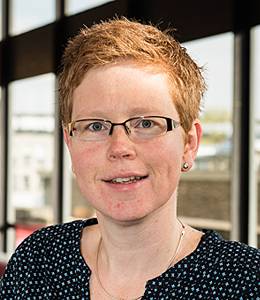
Marian Bosch-Rekveldt
Marian Bosch-Rekveldt – faculty of Civil Engineering and Geosciences (CEG)
Marian actively contributes to open education both on campus and online. She is the responsible instructor of two successful MOOCs and is developing an open resource platform to support students during their Masters graduation process. She is a real ambassador of open and online education at the faculty.
https://online-learning.tudelft.nl/instructors/marian-bosch-rekveldt/
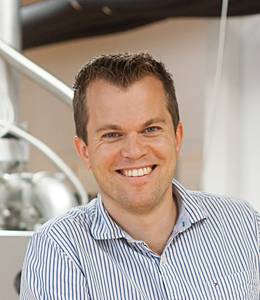
Menno Veldhorst
Menno Veldhorst – QuTech
Menno has done remarkable work in open education for both on-campus and online formats, including the creation of several successful MOOCs. He is Lead of the QuTech Academy and Extension School Academic Portfolio Director for the Quantum Computing theme, in addition to initiating the development of The School of Quantum, an open platform for quantum technology to make educational material available to people with all levels of expertise. His vision, commitment and outstanding work in open education make him a real ambassador.
https://online-learning.tudelft.nl/instructors/menno-veldhorst/
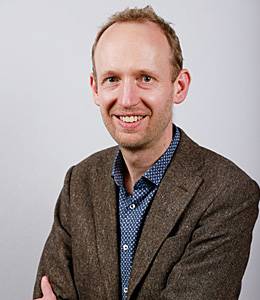
Sander Otte
Sander Otte – faculty of Applied Sciences (AS)
Sander’s successful Pre-University Physics MOOC is an openly available program aimed at prospective students in any technology discipline throughout the world. Sander took the responsibility to initiate and lead the full process of creating and running this online course, including planning the course structure, recruiting lecturers, guiding teaching assistants and ensuring the high quality of the content. A committed facilitator of open and online education!
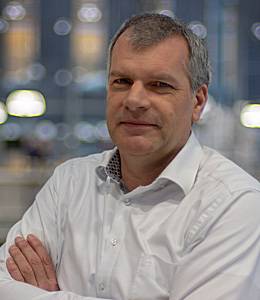
Tillmann Klein
Tillmann Klein – faculty of Architecture and the Built Environment (ABE)
Tillmann has been phenomenal in leading a team of colleagues to produce several online courses in collaboration with the Extension School – particularly with a focus on circularity. This award honours his contribution to open and online education and also his way of working: his unique ability to bring people together, give everyone a voice, and inspire them to go above and beyond.
https://online-learning.tudelft.nl/instructors/tillmann-klein/